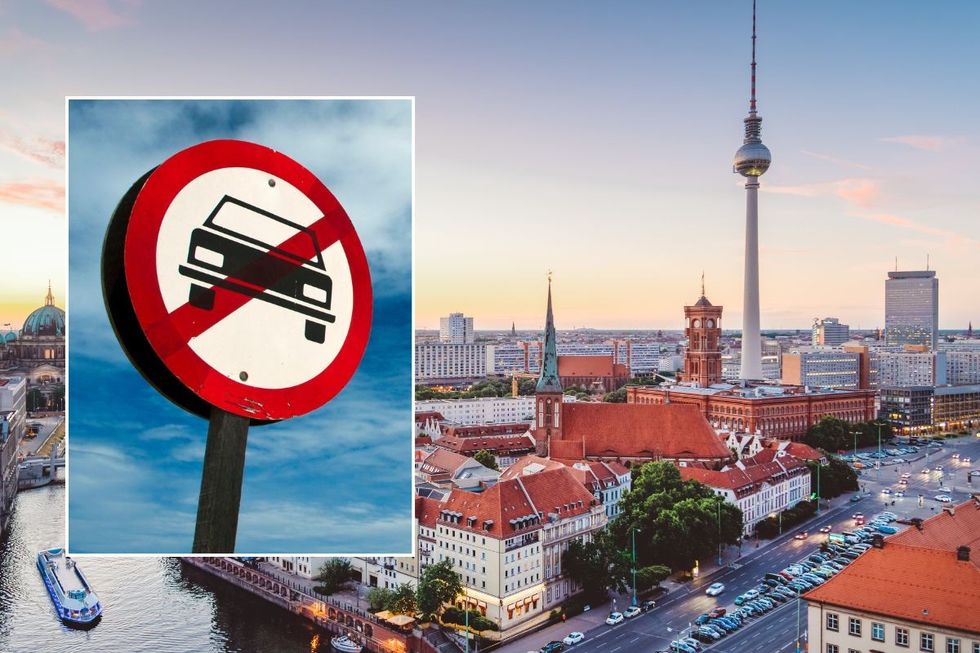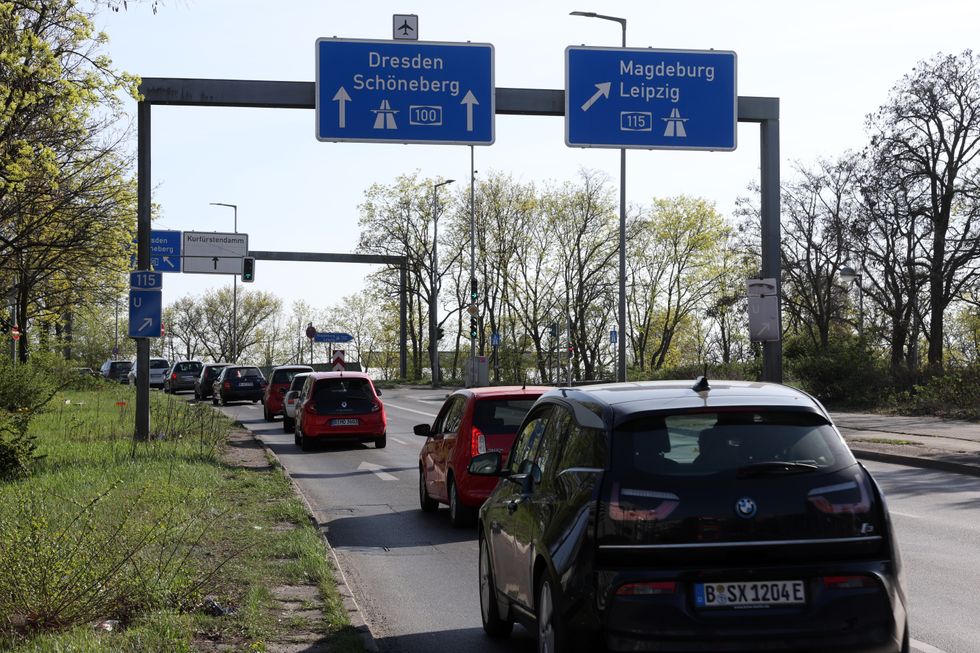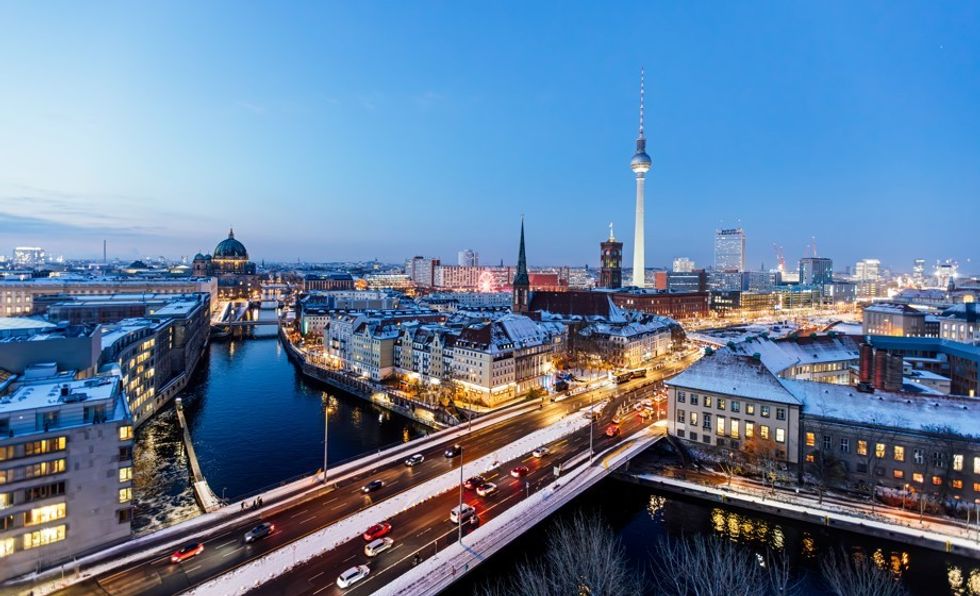Cars could be banned from popular European city with drivers limited to just 12 trips a year

The campaign needs 170,000 signatures within three months to launch a referendum
Don't Miss
Most Read
Berlin's highest court has cleared the path for a referendum that could see private cars largely banned from the city centre, with drivers restricted to just 12 journeys annually.
The constitutional court ruled on Wednesday that the "car-free Berlin" initiative was admissible, rejecting the city government's attempt to block it.
The Berlin senate had argued the measures were so extreme that they could breach constitutional rights. However, judges determined that drivers did not have a constitutional right to a "specific public use" of the roads.
The ruling means Berlin's state parliament must now vote on the draft "law for road use for the common good".
Do you have a story you'd like to share? Get in touch by emailing motoring@gbnews.uk

Lawmakers in Berlin are trying to improve road conditions by banning most cars from central routes
|GETTY
If politicians reject it, campaigners can force a city-wide referendum by gathering 170,000 signatures.
The proposed restrictions would cover 34 square miles within Berlin's S-Bahn commuter railway ring, an area comparable to Brighton and Hove.
Within this zone, each driver would receive an annual allowance of just 12 private car journeys.
Essential vehicles would remain exempt from the ban, including buses, taxis, delivery vans, refuse lorries and ambulances. Emergency services would also continue operating without restrictions.

Drivers could be limited to using the restricted roads just 12 times per year
|GETTY
The campaign aims to slash traffic volume by two-thirds across the affected area, with a blanket 30km/h speed limit applying throughout the zone.
Organisers envision transforming parking spaces into flowerbeds, open-air cinemas and children's playgrounds, similar to Low Traffic Neighbourhoods in the UK.
They promise cleaner air and extensive pedestrianised areas across the capital's inner districts, although cars would still be permitted on federally-run highways passing through the restricted zone.
Campaign organisers have announced plans to celebrate with an electronic dance music party following the court victory.
LATEST DEVELOPMENTS:
- Pedicabs to face new rules next year with offenders risking £2,500 fine and vehicle confiscation
- British drivers urged to save £1,500 by ditching petrol and diesel cars and switching to electric vehicles
- New plans to ban HGVs from overnight parking get green light as residents fume over noise pollution
"Now that the constitutional court has given the green light, as soon as the parliament has held its hearing, we can finally go into the second phase of the signature collection," they said.
The group must gather 170,000 signatures within three months to force a referendum, representing seven per cent of Berlin's electorate.
More than 50,000 signatures were already collected when the proposal first went to court in 2022. If successful, the measure would appear on next year's local election ballot.
Victory would require support from at least half of voters, representing a quarter of all eligible voters.

Berlin could follow the lead of other European cities looking to ban cars from most roads
| GETTYThe initiative originally drew twice the signatures needed to prompt referendum preparations in 2020, before the city government's legal challenge stalled progress.
Lena Donat, a transport expert at the German branch of Greenpeace, welcomed the ruling, saying: "It's important to discuss how many cars we want to impose on our cities.
"The developments in metropolises such as Paris or Barcelona show what cities gain when they put people rather than cars centre-stage: more safety and space, better air, a higher quality of life."
Berlin joins several European cities pursuing vehicle restrictions. Amsterdam plans to eliminate cars entirely by 2030, having banned diesel vehicles older than 15 years in 2020.
Zermatt in Switzerland has prohibited private cars, whilst Pontevedra in Spain has pedestrianised much of its centre. Venice remains traditionally car-free due to its canal network.











